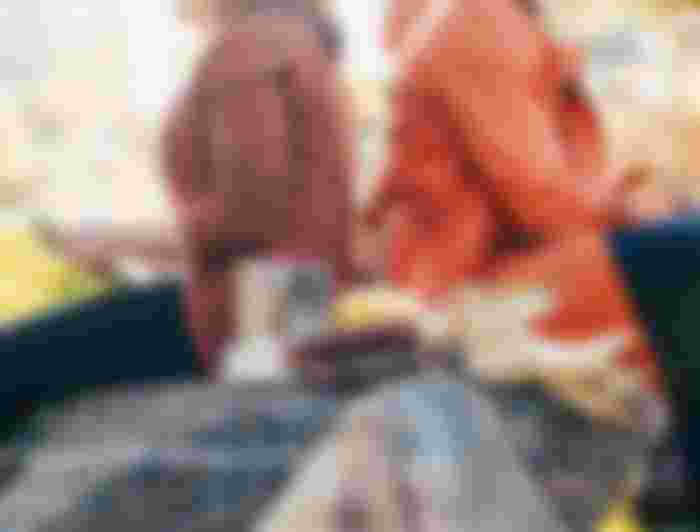Conflict
The need for people in conflict 👎
Among the many needs that we humans have, one of them is the need for conflict.
When we do not have enough spices in life, salt and pepper, we will look for all sorts of solutions, methods and artifices to make something happen in our lives as well.

I invite you, from now on, for a month, to become observers of yourself and of the environment in which you live. You will notice how people are attracted and need conflict.
Of note, we are not referring, now and here, to armed conflict. Not. Only the personal ones that we each trigger.
First of all, for a conflict to start, we need something or someone, as a partner in the conflict.
Disputes can also take place with a single character, but we look at situations in which at least two people are involved.
What makes conflict good for people? First of all, it takes them out of their daily routine. He puts them on the treadmill and they start running through his mind all kinds of scenarios, lines, situations.
Yes. Conflict gives people work 😁

Then, once they have something to worry about, how do they do it? It puts them in a fight and makes them feel important.
Conflicts often lead to supremacy 👎
Unconsciously, people also struggle with the need to feel important
They will also fight for the feeling of superiority 👎
When we count too little or not at all for ourselves, they will emerge and we will create the means by which we will make every effort to (show) ourselves how good we are. That we have the whole arsenal to fight someone or something.

Without realizing that we are the first to fight 🤨
People get involved in conflicts because, for the most part, that's how they were raised, that's how they lived. In conflict. They learned this behavior from their parents, from the environment that made them "great people".
They only perpetuate what they have learned
That is, to strike 🙂
Rarely do you see someone stroking, literally or figuratively.
It's more common to hear screams, accusations and shared punches.

A good part of the conflict is that it burns. It reveals some details kept under the rug, and by conflict they burn.
But at the same time, with the burning, and until the moment of their burning, a large amount of dense, negative energy is propagated.
Is it worth it?
Posting stops here. The message has been sent. It remains to put into practice the act of observing, proposed at the very beginning, and to draw your own conclusions.
Maybe you'll even make changes🙏



